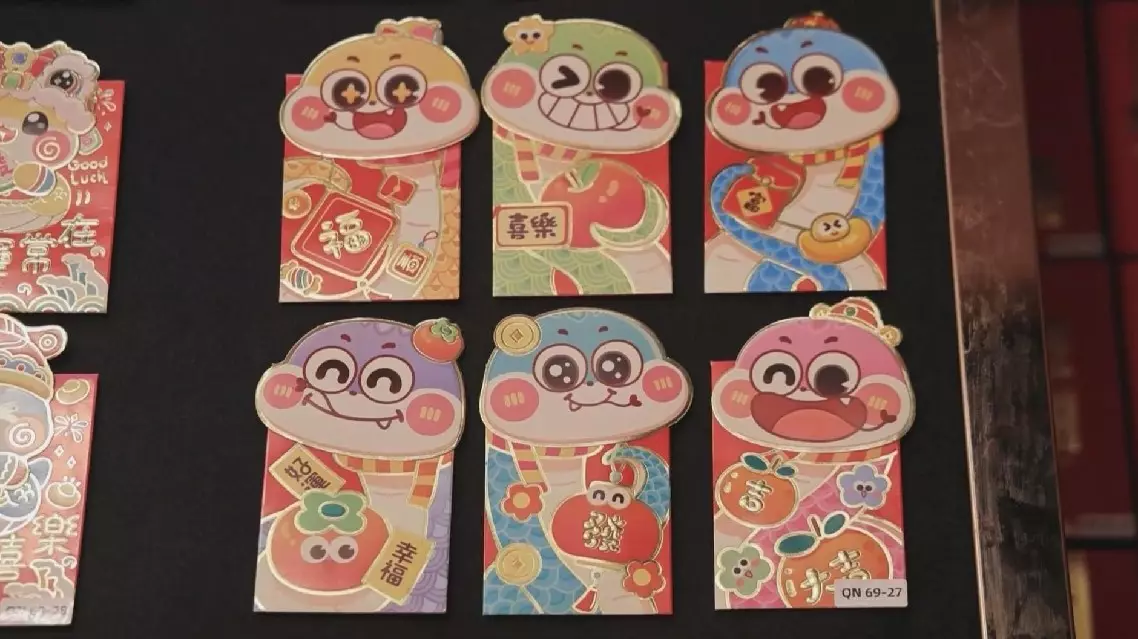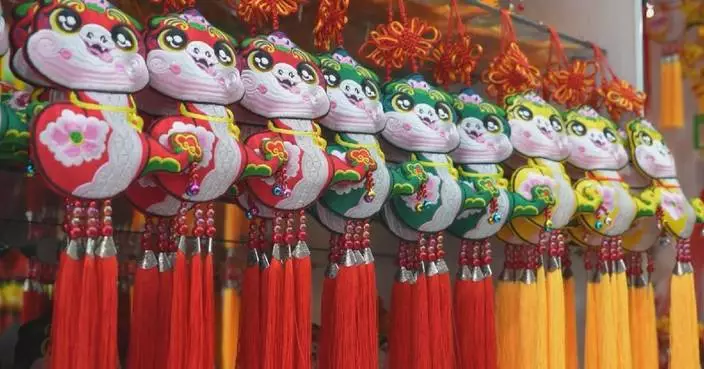Brazil registered 5,972 confirmed deaths from dengue fever in 2024, the highest in nearly 40 years, according to the Health Ministry's latest data.
As of Dec 28, 2024, Brazil has reported a total of 6.48 million dengue cases nationwide, marking the highest number in nearly 40 years, the data showed.
The rise in dengue cases is attributed to higher temperatures driven by the climate crisis. The mosquito-borne disease is more common during hot summers and rainy seasons, according to the ministry.
In order to control the spread of dengue, Brazil is making a new plan to reduce the population of Aedes aegypti mosquitoes, which carry the virus. The plan includes setting up additional larva traps and introducing genetically modified mosquitoes to reduce their ability to transmit the virus.

Brazil reports nearly 6,000 deaths from dengue in 2024

Brazil reports nearly 6,000 deaths from dengue in 2024

Brazil reports nearly 6,000 deaths from dengue in 2024
As the Chinese New Year approaches, the annual festive shopping season has been in full swing across the country, with decorative items ranging from zodiac-inspired red envelopes to traditional handicrafts enjoying a surge in popularity.
At the bustling International Trade City in Yiwu, located in east China's Zhejiang Province, and known as the world's capital for small commodities, merchants from different parts of the country flock here to secure their festive supplies. Among the most sought-after items are the iconic red envelopes, an essential part of traditions the Spring Festival in the start of the Chinese New Year, which symbolizes good fortune and blessings.
In China, a red envelope is used to wrap up a sum of money for gift giving during holidays, particularly the Spring Festival, or for special occasions such as weddings, graduations, and birthdays. It originated in China before spreading across parts of Southeast Asia and other countries with sizable ethnic Chinese populations.
Inside one large store covering more than a hundred square meters, over a hundred varieties of red envelopes are on display, many featuring designs inspired by the zodiac animal of the year -- the snake.
There are 12 animals on the zodiac cycle of the Chinese lunar calendar, in the following order: Rat, Ox, Tiger, Rabbit, Dragon, Snake, Horse, Goat, Monkey, Rooster, Dog, and Pig. Each animal has its own unique characteristics.
"This year, we've designed over a hundred different representations of the zodiac snake, such as cartoon snakes and the 'God of Wealth' snake. There is also the lion-dance-inspired snake made of silk that can be worn as a bag. It's very popular with children," said Xu Yunli, the business owner.
Apart from traditional goods, shoppers preparing for the holiday also set their sights on imported festive products. At the Yiwu China Import Commodities City, another wholesale market complex, nearly 150,000 varieties of goods from over 100 other countries and regions are for sale. To further allure buyers, the market has launched a "Global New Year Shopping Festival," offering vouchers that allow customers to purchase overseas products at discounts of up to 50 percent.
The festive vibe isn't limited to big cities. In Lushan County, Pingdingshan City, central China's Henan Province, "cloth tiger," a traditional folk handicraft, has become a hit, highlighting a growing interest in China's rich cultural heritage.
At a local workshop, artisans are busy handcrafting these charming toy tigers.
"We start at 8:30 in the morning, but we can only make six or seven tigers a day. Since everything is handmade, the process is complex. But we ensure that every tiger is well crafted," said craftsman Ma Gaile.
The production of these cloth tigers is a time-honored technique, part of Pingdingshan's intangible cultural heritage. The process involves a series of steps including fabric selection, cutting, stitching, stuffing, and embellishment, all done by hand. The finished product is not only adorable but also carries with it the artisans' wishes for a prosperous year ahead.
The Spring Festival is China's grandest traditional festival when people across the country return to their hometowns for celebrations and family reunion. The upcoming Spring Festival holiday season falls in late January and early February.

Zodiac snake-inspired commodities, cultural crafts gain popularity in run-up to Spring Festival












